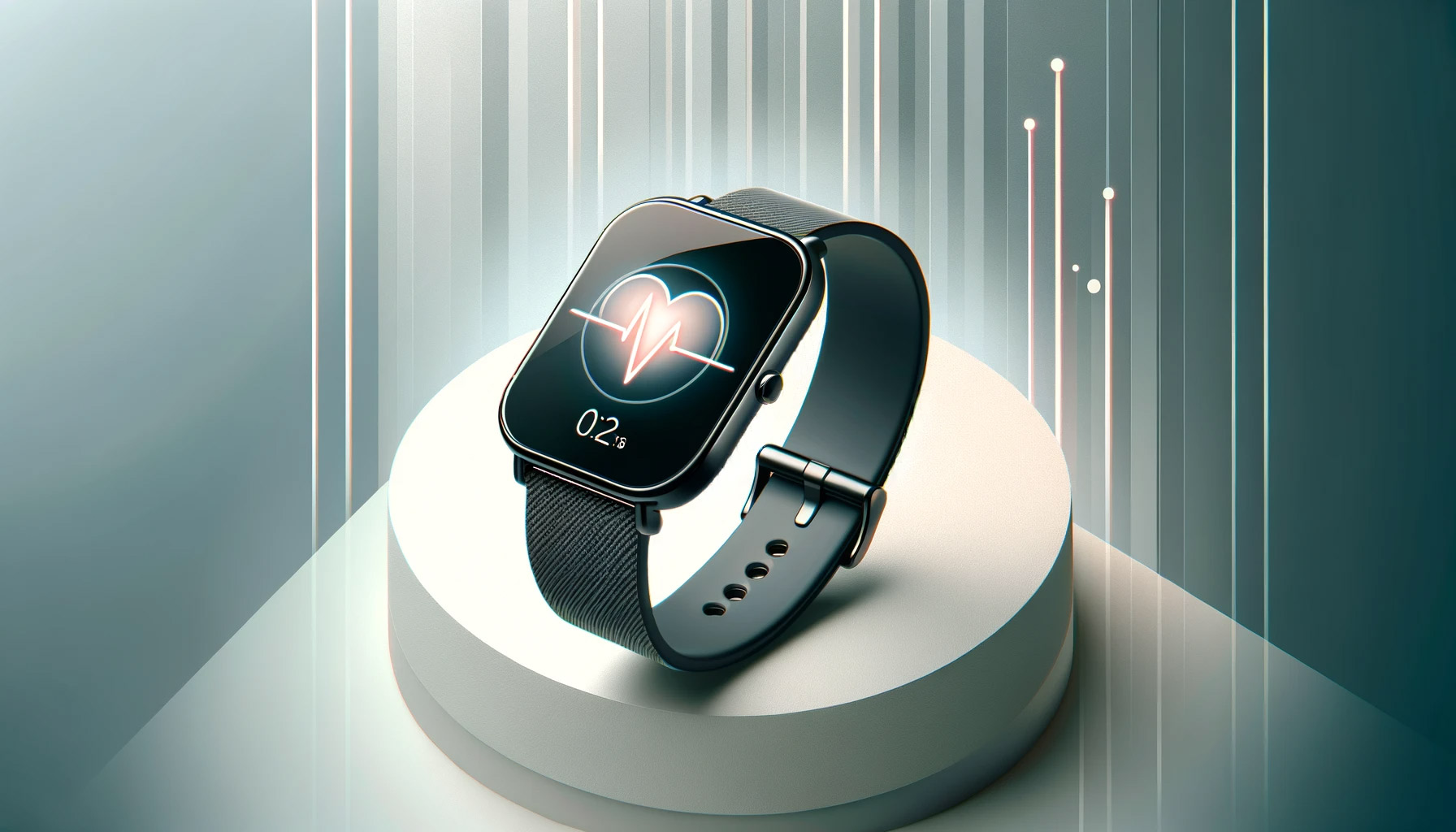The Heartbeat Revolution: Smartwatches as Cardiac Sentinels
In an age where technology adorns our wrists, smartwatches have become more than just timekeepers. They are now guardians of our heart health, offering us real-time insights and alerts about our cardiac condition. But it's essential to understand the science and limitations behind these wrist-worn cardiac monitors before we fully rely on them.
Heart's Whisperers: The Sensor Array
Modern smartwatches are equipped with an array of sensors, primarily the photoplethysmogram (PPG) sensor. This sensor detects changes in blood volume by shining light onto the skin. It gives us heart rate readings that reveal our stress levels, exercise intensity, and overall heart health. The more advanced models even include miniature electrocardiograms (ECGs) for detecting irregular heart rhythms like atrial fibrillation.
The Accuracy Question
As fascinating as these features are, the accuracy of smartwatch readings is a nuanced affair. The PPG sensor, while reliable for general trends, can falter due to skin tone variations, movements, or even hydration levels. Similarly, ECGs in smartwatches offer only a limited view of the heart's electrical activity and can be affected by how the watch is worn.
Alerts: A Blessing and a Curse
Smartwatches can alert users to irregular heart rhythms, which is invaluable for early detection of conditions like atrial fibrillation. However, false alarms can cause undue stress and unnecessary medical consultations. It's a fine line between being informed and being overwhelmed.
Ethical Dilemmas
As smartwatch technology evolves, ethical questions come to the fore. Who has access to our sensitive cardiac data? How is it used? The implications of data privacy, overdiagnosis, and healthcare resource allocation are significant and warrant careful consideration.
Choosing the Right Watch
For those navigating the market, the Apple Watch Series 8 and Samsung Galaxy Watch5 Pro are top choices for comprehensive health tracking. Budget-conscious users might consider the Amazfit Bip U Pro or Huawei Watch Fit 2 for basic heart rate and sleep monitoring.
The Doctor's Role
It's crucial to remember that smartwatches are supplements, not substitutes for professional medical advice. Regular check-ups with a doctor are vital for a complete picture of your heart health.
Looking Ahead: AI and Integrated Health
The future of smartwatch cardiac monitoring is bright. Advancements in AI and sensor technology promise more accurate, personalized health insights. We can envision a future where an ecosystem of interconnected wearables provides a holistic view of our health, extending beyond just heart monitoring.
Ethics and Privacy in the Digital Age
As we embrace this wearable tech revolution, safeguarding data privacy and ensuring equitable access to these technologies are paramount. The future of heart health monitoring is a blend of technological innovation and ethical responsibility.
Conclusion: Tech-Human Harmony
Smartwatches as cardiac monitors symbolize the intersection of technology and personal health. They empower us to be active participants in our health journey. While challenges exist, a balanced approach that embraces technological potential while addressing ethical concerns can lead us towards a future where these devices are integral to our health and well-being.
References for Further Reading
- "Accuracy of Wrist-Worn Wearable Devices for Heart Rate Monitoring: A Systematic Review and Meta-Analysis." Journal of the American Medical Association, 2020.
- "Electrocardiogram Apps for Smartphones and Smartwatches: A Review of the Clinical Evidence." JAMA Cardiology, 2020.
- "Ethical Considerations for Artificial Intelligence in Wearable Health Devices." Nature Biomedical Engineering, 2022.
- "The Future of Personal Wearable Devices: A Perspective." Annals of Internal Medicine, 2019.












Recent comments
Latest Comments section by users